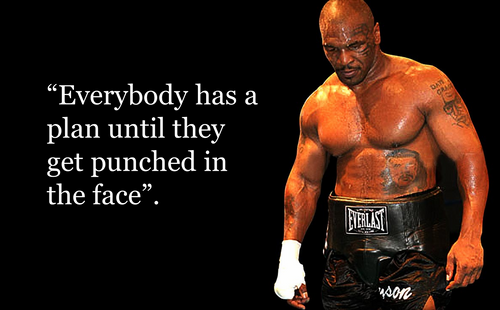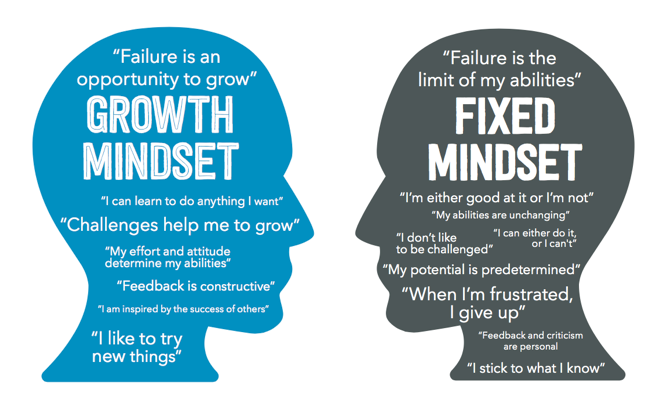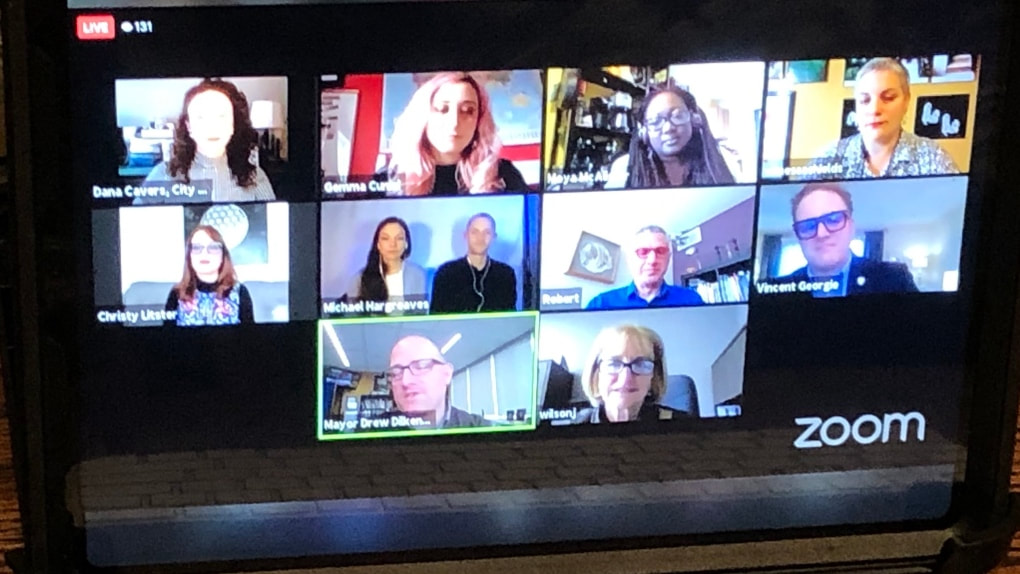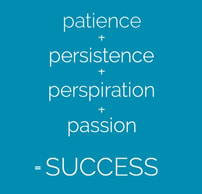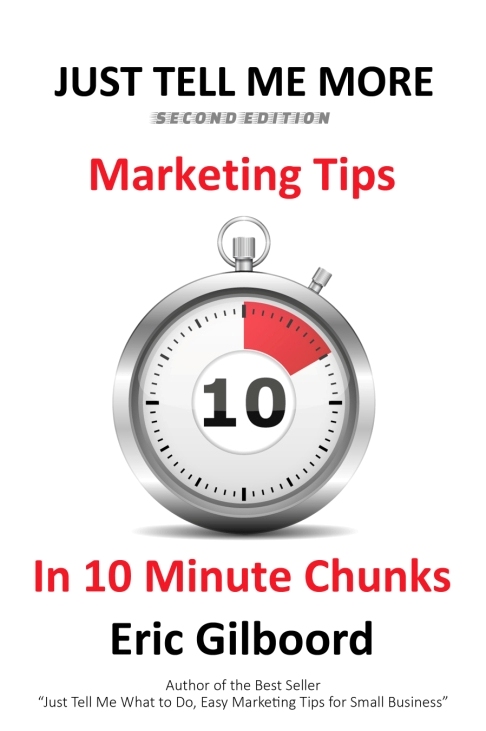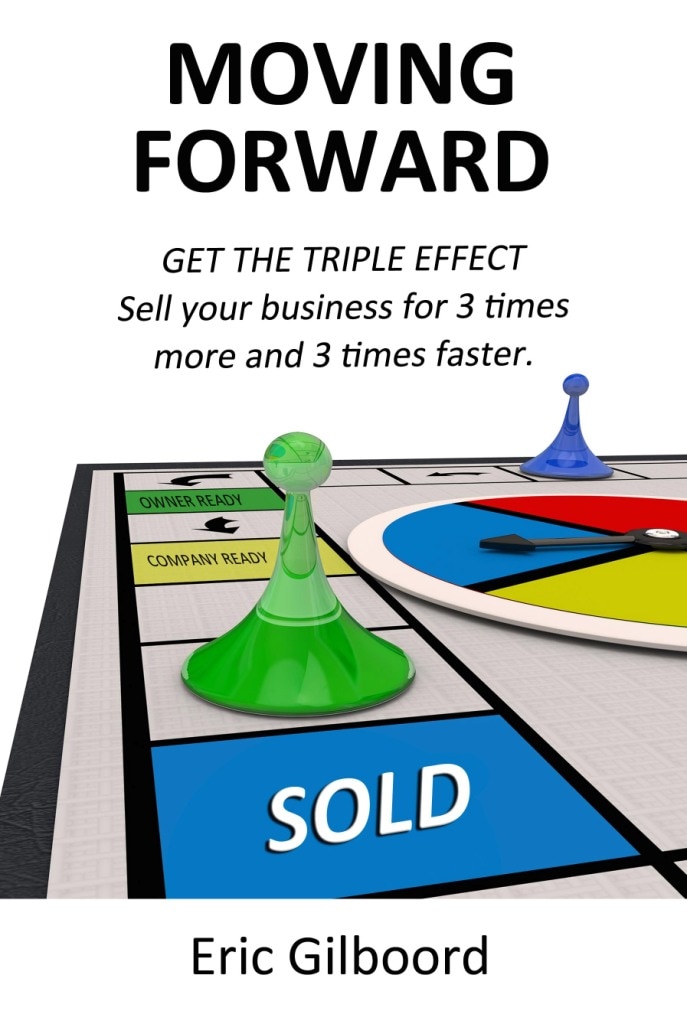Intermediaries, bring Buyers and Sellers of businesses together and facilitate the process. Hopefully to a positive conclusion in the form of a successful and confidential transition.
As a business Owner you're running the company day to day. You don't have the time for a steep business selling learning curve or to fulfill all the necessary requirements for documents, discussions, decisions, negotiations and tasks as outlined in our program.
You require a transition team leader and/or Intermediary to complement you and take on all the other responsibilities for a successful transition.
The Intermediary starts by working with you to fully understand what your expectations for a successful transition are. If they are not, in the Intermediaries experience, achievable you need to work together to come to a compromise or agreement. Remember the Intermediary should be on your side working for you. Not just trying to complete a transaction to get paid.
Their next step is to gather information to determine a realistic timing and achievable selling price for your company. This is the opening challenge, coming to an agreement on these two items. If you can't do this then the exercise will be difficult and possibly not worthwhile for the Intermediary or the Seller.
Seller's Job And Intermediary's Job
During the transition process, the Seller’s job is to do what they do best, which is to run daily operations continuing to maximize profits. The Intermediary's Job is to prepare the presentation of company financials, corporate story, NDA, marketing materials ie Teaser or introduction document and CIM - Confidential Information Memorandum, market your business, identify, qualify and educate Buyers, and then negotiate the sale.
All the while keeping the Seller 'sane' during a very stressful selling and transition process. At some point they may have to talk you down off the ledge.
Determining An Achievable Fair Market Value For Your Company
As a Seller you want to work with an Intermediary possessing a strong knowledge of current, up to date, market conditions. They will explain the different methodologies as to how businesses are valued in the current marketplace.
After reviewing all the pertinent company information, your Intermediary will give you a range for what the market is currently paying for comparable businesses. If necessary they can arrange for a formal business appraisal from an accredited certified business Valuator.
Facilitate The Negotiation With The Buyer
Selling your business will likely be at least or more emotional than you might expect. Much like selling your home, there is a huge benefit in using an Intermediary to quarterback all aspects of the transaction while keeping both sides calm. The Intermediary will communicate your thinking to the Buyer without the emotion and return the favour by bringing the Buyer's thoughts back to you in a calm factual way.
Confidentiality And Discretion
Confidentiality outside your business and discretion within is crucial to the success of your relationship.
A good Intermediary will be discrete about the sale of your company. Employees will get nervous when they learn your business is for sale. As well customers, competition and outside resources like suppliers and creditors may also react negatively if word gets out you're selling.
Your Intermediary will secure the following from a prospective Buyer:
- Non Disclosure or Confidentiality Agreement outlining their legal responsibilities in having access to your confidential information.
- Buyer Profile stating their background, experience and how it may relate to the purchase and continued successful running of your business.
- Personal Financial Statement demonstrating up front the Buyers' capability to produce the funds necessary to buy your business and their ability to produce efficient working capital to sustain current operations.
Marketing Your Business
A good Intermediary will possess a data base of qualified Buyers and a network of resources to bring additional qualified Buyers to the table.
Professional Advisors
As well an Intermediary will have a curated list of professionals on their team to fill in the blanks for any required services your team does not have from valuations, legal, accounting, tax, insurance and wealth management to deal structuring and all the other things that can pop up.

